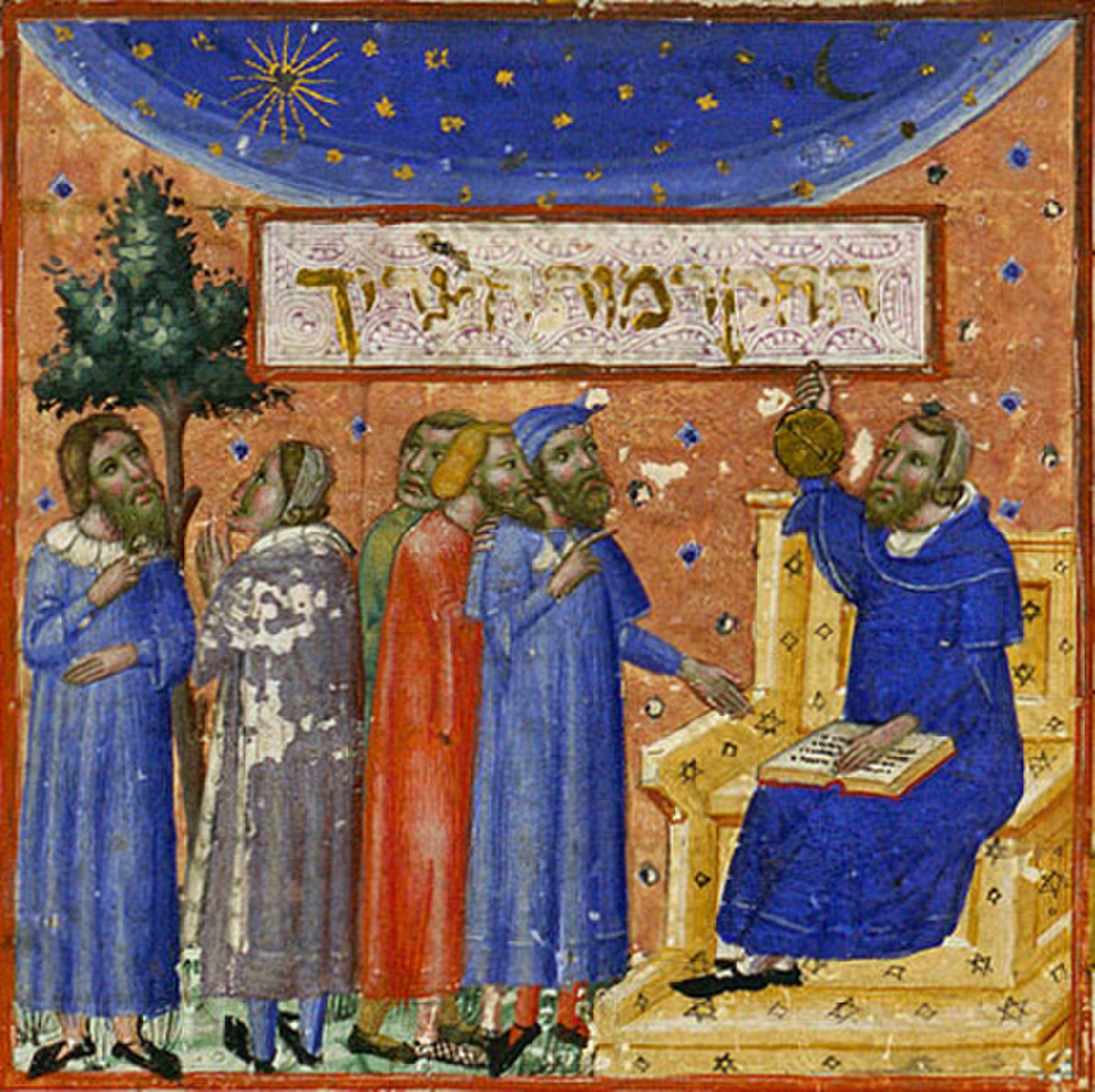
Maimondes's Thirteen Principles of Faith
EgyptIn his commentary on the Mishnah (tractate Sanhedrin, chapter 10), Maimonides formulates his "13 principles of faith"; and that these principles summarized what he viewed as the required beliefs of Judaism:
- The existence of God.
- God's unity and indivisibility into elements.
- God's spirituality and incorporeality.
- God's eternity.
- God alone should be the object of worship.
- Revelation through God's prophets.
- The preeminence of Moses among the prophets.
- That the entire Torah (both the Written and Oral law) are of Divine origin and were dictated to Moses by God on Mt. Sinai.
- The Torah given by Moses is permanent and will not be replaced or changed.
- God's awareness of all human actions and thoughts.
- Reward of righteousness and punishment of evil.
- The coming of the Jewish Messiah.
- The resurrection of the dead.
Maimonides is said to have compiled the principles from various Talmudic sources. These principles were controversial when first proposed, evoking criticism by Rabbis Hasdai Crescas and Joseph Albo, and were effectively ignored by much of the Jewish community for the next few centuries. However, these principles have become widely held and are considered to be the cardinal principles of faith for Orthodox Jews. Two poetic restatements of these principles (Ani Ma'amin and Yigdal) eventually became canonized in many editions of the Siddur (Jewish prayer book).
The principles can be seen listed in the Siddur Edot HaMizrach, Additions for Shacharit The omission of a list of these principles as such within his later works, the Mishneh Torah and The Guide for the Perplexed, has lead some to suggest that either he retracted his earlier position, or that these principles are descriptive rather than prescriptive.
